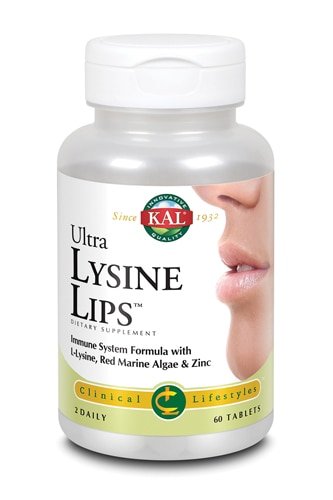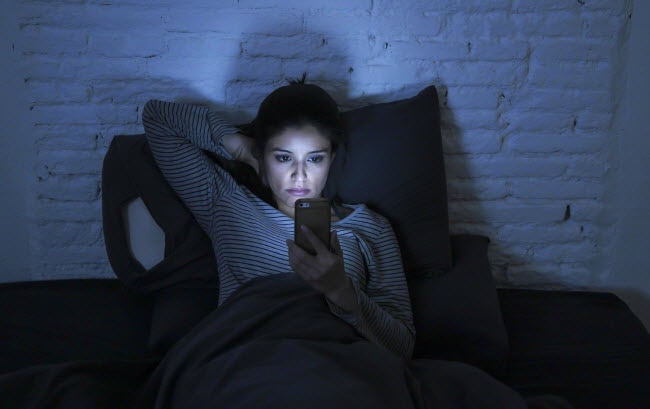Bad news for the millions of us who stare at smartphone, TV, computer and tablet screens for hours on end: The so-called blue light they emit might speed up the aging process.
A study published in October 2019 in the journal Aging and Mechanisms of Disease suggests that extensive exposure to blue LED light — similar to blue light from devices like phones and tablets — might reduce our lifespans.
In the study, researchers at Oregon State University (OSU) subjected certain fruit flies to 12 hours of blue-light exposure coupled with 12 hours of darkness. The researchers tested their blue-light theory on fruit flies because of the cellular and development traits they share with humans and animals.
Compared with flies that remained in complete darkness or that stayed in conditions where blue wavelengths were filtered out of light, the lifespans of the flies that spent half their time in blue light were shortened “very dramatically,” study leader Jaga Giebultowicz, professor of integrative biology at OSU, says in a news release.
The OSU researchers speculate that the loss of brain function detected in the flies exposed to blue light could explain their decreased lifespans. “However, at this time, we cannot exclude the possibility that other fly tissues could be affected by blue light and contribute to the accelerated aging,” the study says.
Keep in mind that the test subjects in the OSU study were flies, not people. So we have no clue whether blue-light exposure actually might cut into the lifespans of humans.
Aside from the possibility that exposure to blue light from digital screens and artificial lighting hastens the aging process, scientific evidence indicates it disrupts sleep, contributes to eye strain and other vision problems, and might damage our skin.
However, naturally produced blue light is actually beneficial, according to Harvard Medical School.
“The primary source of blue light is the sun — it’s actually why the sky is blue. Blue light from the sun helps your body regulate its natural sleep and wake cycles, and makes you feel good and peppy and energized,” says Earth Mama Organics, a seller of an array of organic products like sunscreen and soap.
To curb potential damage from blue light, heed the following advice from Harvard Medical School, Allure magazine, the American Optometric Association, Columbia University Medical Center, Forbes.com and TechRepublic.
- Rely on dim red lights for nighttime lighting. Red light poses less of a threat to a good night’s sleep that blue light does.
- Two to three hours before going to sleep, shut off all electronic devices and read a book, meditate or engage in another relaxing activity.
- After 20 minutes of exposure to blue light, particularly from digital screens, take a 20-second break and look at something 20 feet away.
- Lower the brightness level of screens on digital devices.
- Activate the blue-light filter on your smartphone.
- Watch TV. Believe it or not, TV screens emit less blue light than the screens of other electronic devices do. Plus, you’re typically not as close to a TV screen as you are to a smartphone, computer or tablet screen.
- Purchase light bulbs that don’t emit blue light.
- Although their effect is debatable, try blue-light-fighting skin care products like mineral sunscreens and antioxidant-rich serums.
- Look into getting amber-tinted, blue-light-blocking glasses of the prescription or non-prescription variety.
Considering that the use of digital devices keeps rising and that there’s “no sign of screen time diminishing, it’s crucial for consumers to consider resources that aid in digital wellness,” Brad Bell, senior vice president of global marketing at ZAGG Inc., whose products include digital-screen protectors, says in a news release.




